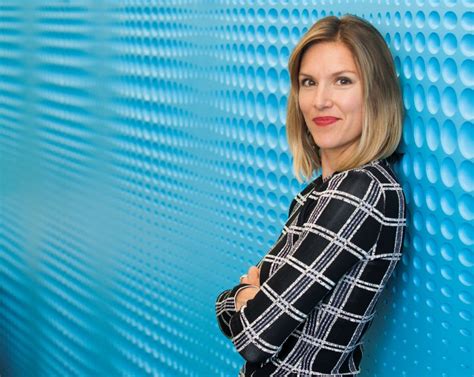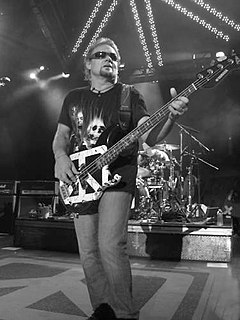A Quote by Alan Stern
The solar system is completely wide open. Almost anywhere we go, I'm sure we would learn a lot.
Related Quotes
I used to be a strong believer that we would eventually colonize the solar system the way it's been done in science fiction many, many times: bases on the moon, Mars colonized, move out to the outer planets, then we go to the next solar system and build a colony there. I don't know now - I'm not as convinced that's the way it's going to pan out.
In my own life, I found that whenever I wasn't sure what to do next, I would go and learn a lot, read a lot, talk to experts. I don't know how the human brain works, but it's almost magical: when you read enough or talk to enough experts, when you have enough inputs, new ideas start appearing. This seems to happen for a lot of people that I know.




































